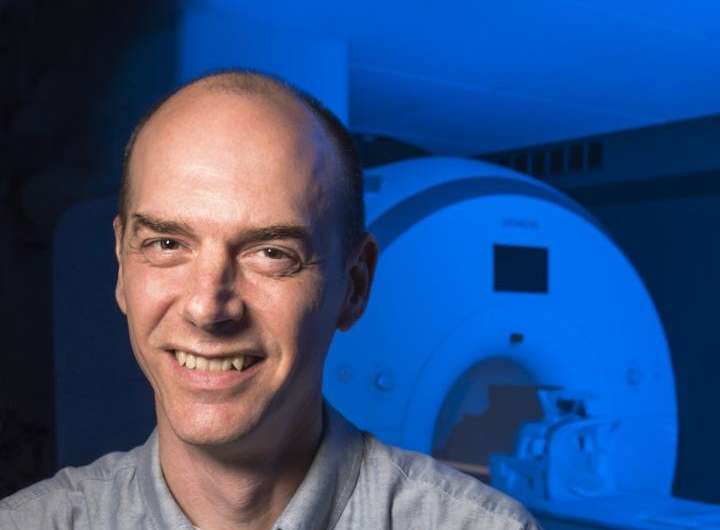Researchers investigate effects of dietary nitrate on cognitive function in Gulf War veterans

Glenn Wylie, DPhil, and Jorge Serrador, Ph.D., have won an award from the Rutgers Brain Health Institute (BHI). The grant funds a collaborative study between the Department of Pharmacology, Physiology, and Neuroscience at Rutgers New Jersey Medical School and Kessler Foundation. Researchers will explore the influence of dietary nitrate supplementation—in the form of beetroot juice—on cerebral hemodynamics and cognitive function in veterans with GWI.
GWI affects approximately 25 to 32% of military personnel who were deployed to the first Gulf War. This multi-symptom condition is characterized by fatigue, headache, sleep disturbances, and cognitive impairment. Studies have established that adequate cerebral blood flow is critical for cognitive function. In veterans with GWI, cerebrovascular dysfunction due to reductions in cerebral vessel dilation has been shown. Recent discoveries indicate that beetroot juice supplementation may improve the functioning of the cerebrovascular system due to its high organic nitrate (NO3?) composition. This study will explore the influence of this dietary nitrate supplementation on cerebral hemodynamics and cognitive function in veterans with GWI.
"Beetroot juice is a particularly attractive dietary supplement as it is well tolerated with no known harmful side effects, it is inexpensive, readily available, and can potentially counteract cognitive decline with minimal risk," remarked Dr. Wylie, director of the Rocco Ortenzio Neuroimaging Center (RONIC) at Kessler Foundation and co-principal investigator of the study. "Using a range of magnetic resonance imaging and Doppler techniques, we will collect preliminary data that will serve as a launch pad for further investigation. Our goal is to explore this accessible, noninvasive intervention in veterans with Gulf War Illness as well as in other populations, such as individuals with mild cognitive impairment."
Dr. Serrador, associate professor at the Department of Pharmacology, Physiology & Neuroscience, Rutgers, The State University of New Jersey, is co-principal investigator of the study. "Given the reduced cerebral vessel dilation in veterans with GWI, it is plausible that the cognitive impairment experienced by veterans with GWI is due to diminished bioavailability of organic nitrate," noted Dr. Serrador. "Therefore, increasing cerebrovascular activity via dietary NO3? supplementation is a potentially important therapeutic tool for treating cognitive deficits in this cohort. If successful, results of this study will have important implications that go beyond improved cognitive functioning, including improvements in daily activity function and overall quality of life."



















